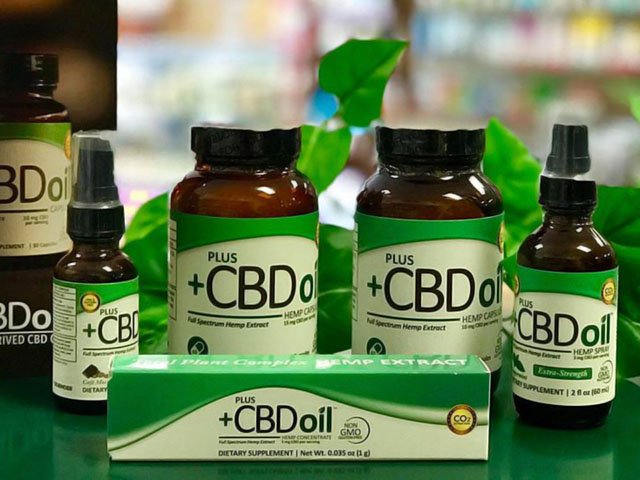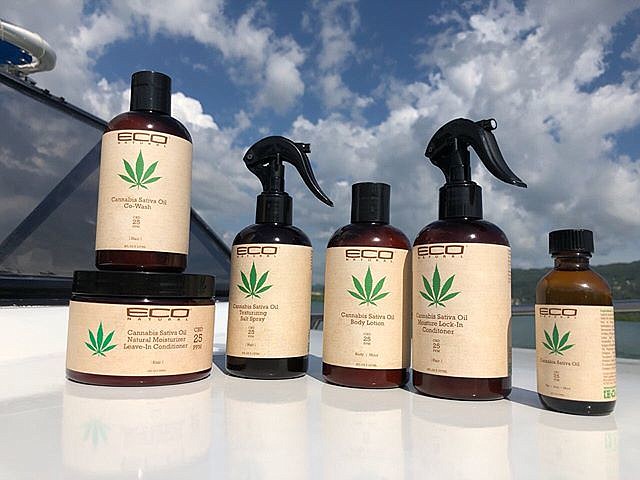
What is CBD?
Cannabidiol, also known as CBD is one of the two most important cannabinoid components of the hemp plant, found in varying proportions depending on the strain. While in some it is minimal, in others it may be the most abundant, or it may be found in roughly equal proportions to THC.
Cannabidiol is a component of Hemp, the plant best known for its psychoactive effects, and comes from the most well-known component of Hemp, THC. Despite its controversial history, Hemp has been proven to be an incredibly useful and healing plant for many different situations. The best thing about the Cannabidiol component is that it does not cause psychoactive effects to those who ingest it, but only physical effects including anti-inflammatory qualities, pain, and stress relief.
What is THC?
Tetrahydrocannabinol, commonly known as THC, is the most important and abundant psychoactive component (alteration of perception and modification of mood) of the hemp plant in the varieties classified precisely as psychoactive. Non-psychoactive strains known as hemp, by international standards, must have less than 1% THC.
What is the difference between CBD and THC?
THC is dominant in CBD and is dominant in hemp.
Due to the genetic makeup of CBD, it has no psychoactive effects. THC, on the other hand, has psychoactive effects. This is the biggest difference between these 2 compounds and the most influential for those who use them.
Many people often assume that these 2 are very similar. However, they are actually quite different. CBD allows the endocannabinoids to change to enhance the body’s pain receptors and anti-inflammatory properties, while THC attaches to them and changes the composition, allowing for a psychoactive effect as well as a body high.
CBD comes in many forms
Tinctures (Drops), vaporizers, massagers, candy or gummies, oils, lotions, and even dog treats. The fact that this plant can be used in so many ways makes it incredibly versatile and makes its niche market really on the rise.

Is CBD addictive?
With all that we explained above, we come back to the central question: is CBD potentially addictive for those who use it?
Fortunately, the answer is no. And this goes back to the aforementioned differences between CBD and THC.
The use of CBD will not produce any kind of psychoactive effect. Even high doses and frequent use are incapable of creating a THC high.
Therefore, it is impossible to become addicted to CBD alone. With hemp, it is possible for people to become dependent on the THC high. And that dependence can eventually result in drug addiction.
Be aware that some suppliers sell CBD products that contain nicotine. And nicotine can be addictive on its own.
So… Is it safe?
As you know, there’s a difference between being addictive and being safe to use. So, while CBD is not addictive, it’s worth looking at whether it’s safe to use regularly.
And the answer to this question is a bit more complicated. It basically boils down to “yes and no.”
This is because some people experience negative side effects from using CBD (see our details below). However, we believe that the benefits of CBD far outweigh these potential side effects.
In fact, current research shows that CBD can help people addicted to various substances get rid of that addiction for good. This is another way in which CBD offers amazing benefits along with its many other uses. To view more CBD articles, visit Hemponix for further info.
